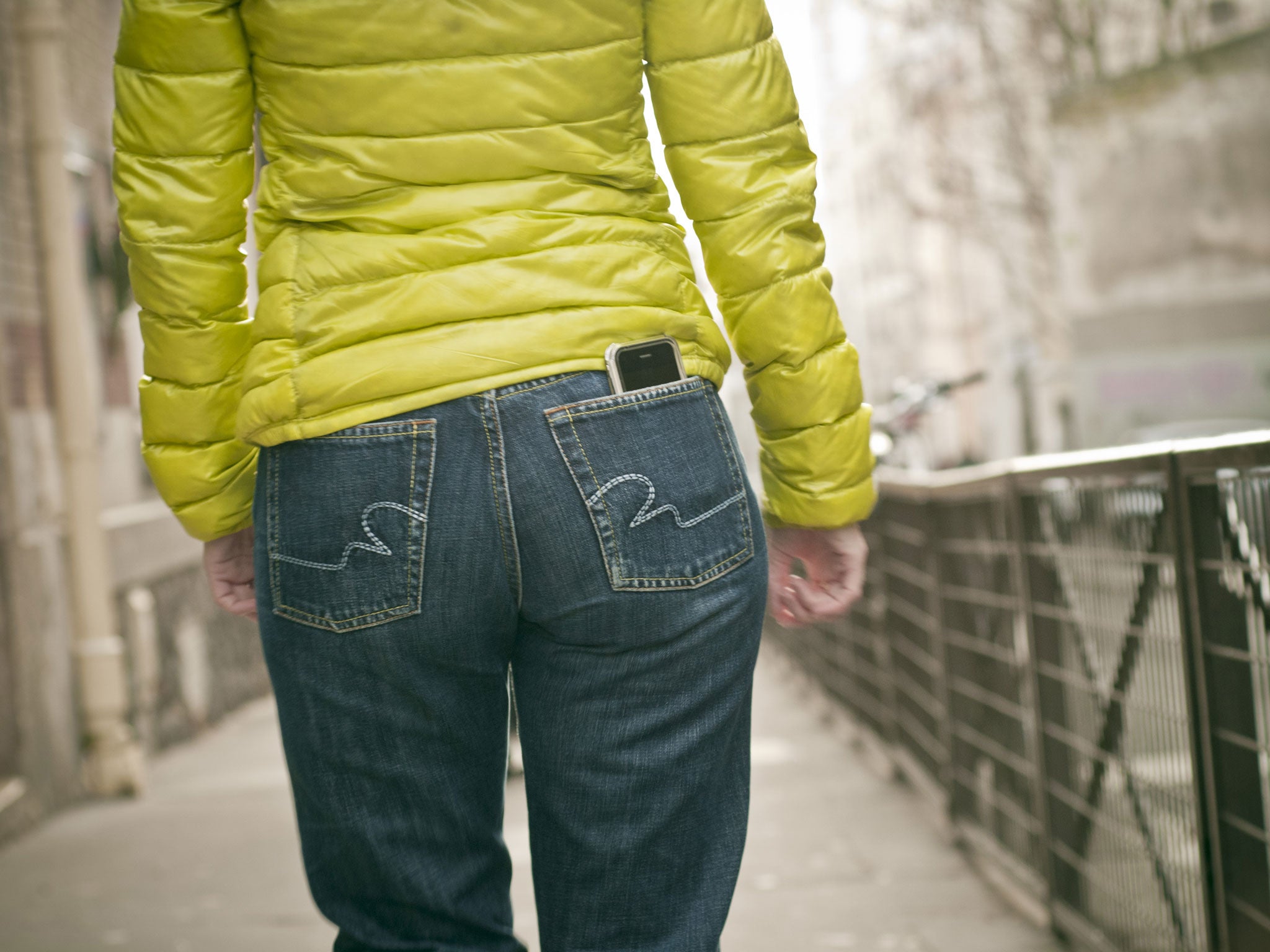It could happen to you: How to protect yourself from phone snatchers
Students are at especially high risk of phone theft - but there are steps you can take to make yourself safer

I didn’t even see them coming. I’d been wandering through a nice area of London on a lovely sunny day and I’d stopped to Snapchat a friend when suddenly from out of the blue a black glove appeared and snatched the phone from my hands.
“What the--!” Surprise soon gave way to burning fury. “Stop! Thief!” I bellowed as I gave chase. I was in hot pursuit of two cyclists on road bikes, wearing helmets with low peaks and masks that covered the rest of their faces.
My justice-seeking rampage continued down several streets. “Stop that bicycle!” I yelled with Brian Blessed-esque projection, “That man has my phone!” Finally I realised that I was significantly outpaced, that pure rage had not transformed me into a vigilante superhero, and that I was still wearing a large backpack. I gave up, and stood blinking in confusion, vaguely embarrassed that I’d disturbed the tranquility of well-heeled London.
It could have been so much worse. In legal terminology this doesn’t even count as a robbery, because I wasn’t threatened by the wheeled thieves. Still, I replayed the whoosh of the bikes and the feeling of the grippy, padded glove in my hand over and over again.
Cycle-by thefts are something of which every student should be wary. The security manager at University College London, Mark West, says: “I do not think that students offer any easier a target than anyone else who becomes a victim of this crime.
“We live in a world where most people carry these multi-use, expensive smartphones and this is what the snatchers are after, regardless of who they take it from.” Although we don’t present any more susceptible a target, we value our phones a lot more than someone who is in a full-time job and can easily replace their stolen phone. A 2013 survey by the NUS and student insurers Endsleigh found that students “regularly carry £500 worth of belongings, especially portable gadgets, around.” What’s more, Endsleigh’s statistics show that “students are 60 per cent more likely to make an insurance claim than any other person.”
Samira Khalifa, a 24 year old SOAS student, was phoning her mum using a hands-free set one busy morning in Russell Square when the same thing happened.
“They barely even touched me. The skill amazed me,” she recalls. “He was really an expert on his bike.”
“There was just nothing I could do, I was completely helpless. It’s like shooting fish in a barrel for them.”
Even more frustrating was the fact that she could have made it much more difficult for the robber.
“It was a matter of millimetres. If I’d held it closer to my body he wouldn’t have been able to take it.”
“I think a lot of these cyclists are opportunists,” says Rochelle D’Cruz from the Metropolitan Police.
“They congregate outside transport hubs,” she explains, where commuters automatically check their phones when they get above ground. Islington, which has four stations, was the UK’s phone-snatching hotspot last year, with about 15 incidents being reported every day.
“People need to be aware when they’re on their phones,” advises Rochelle. “You’re less aware that people are clocking you. Wait a while after you come out of the tube [to check your phone]. Go into a shop.”
“We have seen CCTV footage of phones being taken out of someone's hands from people on Mopeds who have mounted the pavement and rode up behind them,” says Mark West. “I'd say most people reading this would say they could tell if a moped was riding up behind them, but when focused on their phone people are simply not aware.”
Operation Ringtone, the Met’s joint initiative with the National Mobile Phone Crime Unit, reported 32,055 offences between January 2013 and January 2014 in London alone. That’s almost 88 thefts per day.
Phone-snatching is an endemic, well-publicized problem, yet we’r e still being caught out. There are ways to stop yourself from becoming a victim of it, like I did.
- Register your phone on immobilise.com, the National Property Register, and if it does get pinched you’ve got a much better chance of one day being reunited.
- Use a passcode or pin to lock your phone from the casual thief.
- There are loads of phone tracker apps available on iTunes. Download one. Police carry iPhones and iPads, so if you act quickly they might be able to trace the thieves.
- Be aware of your surroundings when you use your phone in public, it is only too easy for someone to grab your phone from you if you’re not wary.
“My advice is, don’t feel too safe,” says Samira. “Because big cities aren’t too safe.”
Join our commenting forum
Join thought-provoking conversations, follow other Independent readers and see their replies
Comments
Bookmark popover
Removed from bookmarks